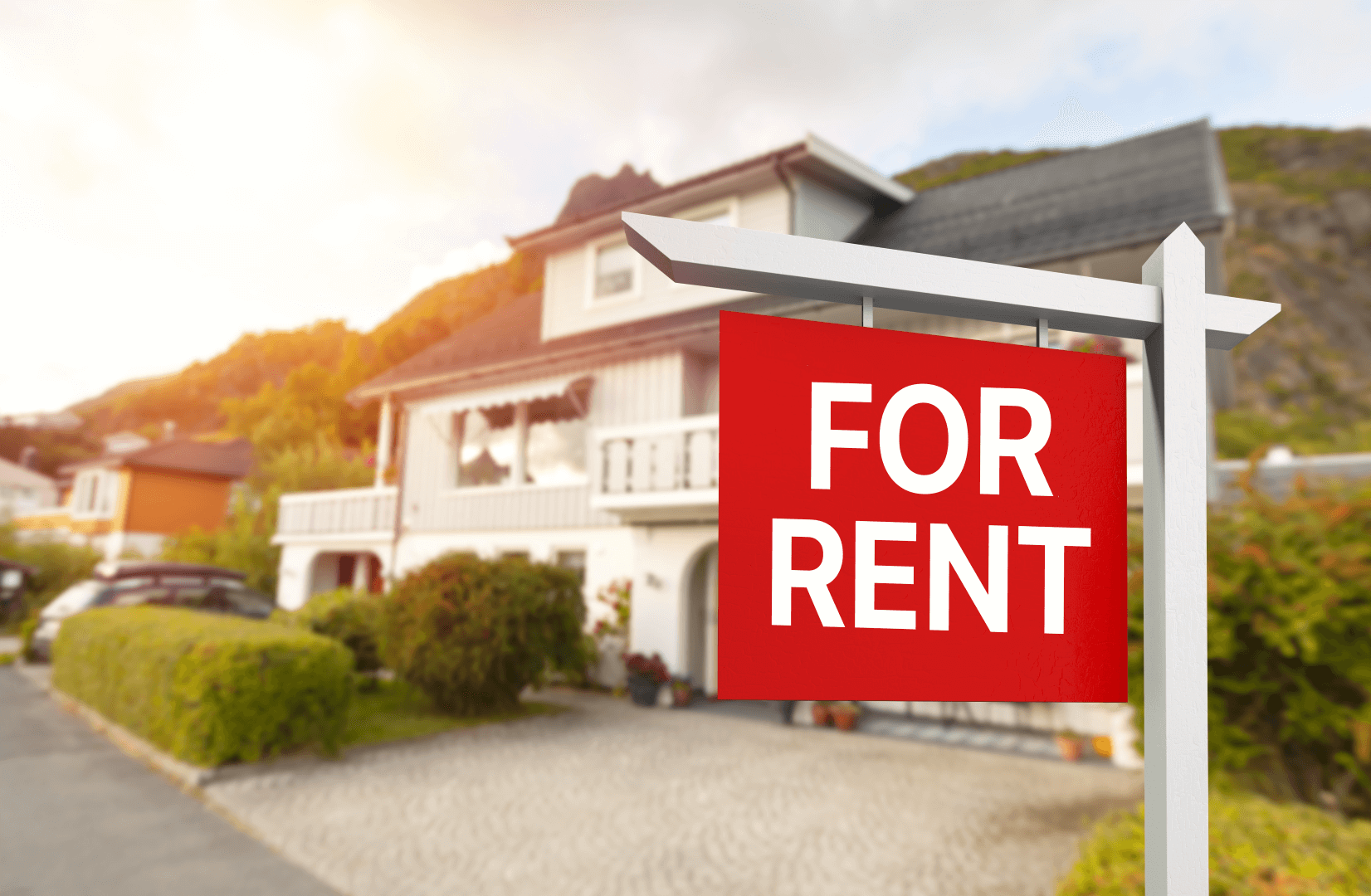
Investing in rental property can be a lucrative venture, offering long-term returns through rental income and property appreciation. However, not all properties make for profitable rentals. Understanding what characteristics define a great rental property, coupled with the strategic use of home inspections, can significantly inform and enhance your investment decision. Here’s an in-depth look at the key factors that contribute to a successful rental investment and how a home inspection can be instrumental in the process.
Location: The Cornerstone of Rental Success
The adage “location, location, location” holds especially true in real estate investment. A prime location can attract a steady stream of tenants and command higher rents. Factors to consider include:
- Proximity to Amenities: Properties near schools, shopping centers, public transportation, and employment hubs are more desirable to tenants.
- Safety and Neighborhood Quality: Safe neighborhoods with a strong sense of community tend to retain tenants longer.
- Future Development: Areas slated for future development can enhance the value of your investment over time.
Property Condition and Maintenance
The physical condition of a rental property directly impacts its profitability. Well-maintained properties are more appealing to tenants and require less expenditure on repairs and upkeep. Key areas to assess include the property’s age, the condition of critical systems (HVAC, plumbing, electrical), and the cost of any needed renovations.
Market Demand and Rental Yield
Understanding the rental market demand in your chosen location is crucial. High vacancy rates can eat into your profits, so it’s important to invest in areas with strong rental demand. Additionally, calculating the rental yield — the annual rental income as a percentage of the property’s purchase price — can help gauge the potential profitability of the investment.
Legal and Zoning Considerations
Before investing, familiarize yourself with local regulations and zoning laws. Restrictions on rental properties, licensing requirements, and tenant rights can all impact your investment. Ensuring compliance with these regulations is essential for a smooth rental operation.
The Role of Home Inspections in Rental Property Investment
While the factors above outline what to look for in a potential rental property, a home inspection provides the critical insights needed to make an informed investment decision. Here’s how:
- Uncovering Hidden Issues: A professional home inspection can reveal underlying problems that may not be apparent during a casual walkthrough, such as structural issues, outdated electrical systems, or hidden water damage. This information is vital for assessing the true value and potential expenses associated with the property.
- Informing Negotiation and Budgeting: The detailed findings of a home inspection can serve as a powerful tool in price negotiations, potentially saving you thousands. Additionally, understanding the extent of necessary repairs or upgrades allows for accurate budgeting, ensuring your investment remains profitable.
- Ensuring Long-term Viability: Investing in a property with significant undisclosed issues can jeopardize your rental business’s long-term viability. A home inspection mitigates this risk, providing peace of mind that your investment is sound.
Conclusion: A Strategic Approach to Rental Property Investment
Identifying a great rental property involves a combination of strategic location selection, thorough market research, and an understanding of legal requirements. Complementing this with a comprehensive home inspection ensures that your investment decision is well-informed, minimizing risks and maximizing returns. Whether you’re a seasoned investor or new to the rental property market, prioritizing these factors can lead to successful and profitable investment endeavors.